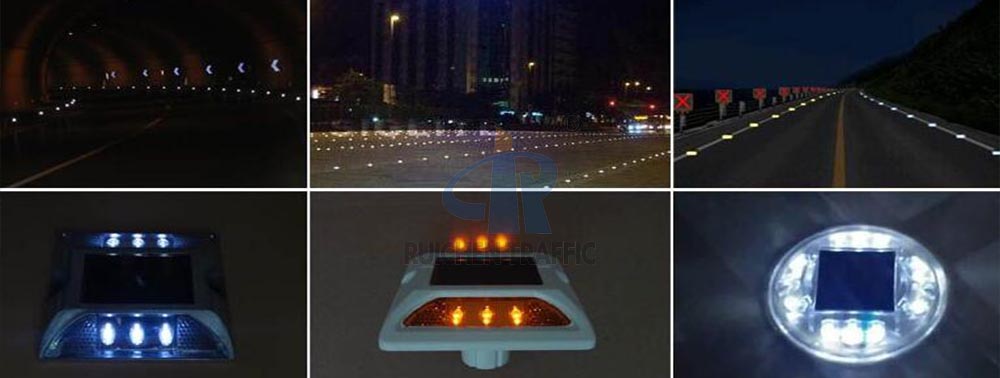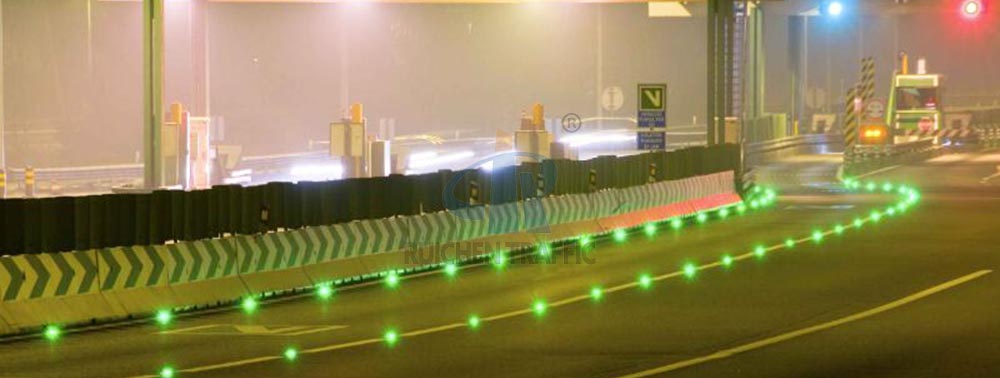Component frame: The component frame is made of anodized high-quality aluminum alloy frame, and the thickness of the aluminum oxide film on the surface is 25 microns. The component frame is provided with four sets of screw holes and a set of grounding holes for easy installation.
Road Studs fully meets the certification requirements of international prestigious institutions.

So what requirements does
Solar Studs have for waterproofing? After all, it is
Solar Studs lighting, and the waterproofness will be relatively high. The current protection level is IP68, which can basically meet most of the needs.
The waterproofing of
Solar Studs is divided into several parts, one is the waterproofing of the controller, and the other is the waterproofing of the
LED Solar Studs. The waterproofing of the
LED Solar Studs is very simple. It only needs to be sealed and glued during the production process. However, the waterproof controller of
Solar Studs needs to be very careful, because the controller of
Solar Studs is very important. It converts solar energy during the day into electricity at night, so special attention should be paid to waterproofing.

In fact, the control of
Solar Studs is very important. The waterproofing of the controller is very simple, that is, the circuit board of the
Solar Studs is treated with a three-proof paint during installation, and then the rainwater will slip away along the edge of the controller, so the pipe of the
Solar Studs controller is installed during construction. It has become a U shape. In fact, the most important thing for the waterproofing of
Solar Studs is to apply a layer of waterproof glue. In fact, the waterproofing of
Solar Studs is very important, because many areas have continuous rainy weather, so Solar Studs manufacturers are making
Solar Studs. Studs also pay special attention to these details. The above are the important waterproof measures for solar street light manufacturers.

The waterproofing of
LED Solar Studs is not only in the above part, but also the importance of waterproofing, which requires the factory to continuously strengthen and improve the waterproof performance during the production process.


